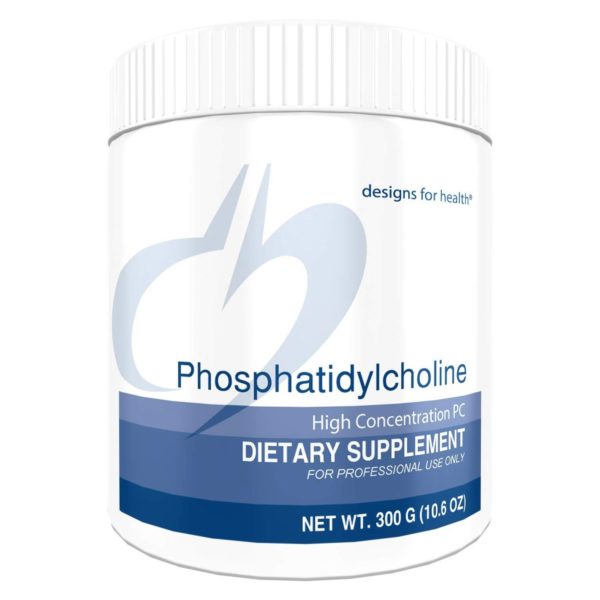We find that higher concentrations of PS correlate with higher levels of neurotransmitters acetylcholine, norepinephrine, serotonin, and dopamine. Phosphatidylserine (PS) also helps the body adapt to stress by reducing cortisol output. Following TBI, many suffer from PTSD and chronic anxiety. The body and brain struggle with releasing trauma, and many TBI survivors suffer from a chronic state of stress. PS helps reduce the damaging effects of stress on the brain. It also enhances our tolerance of stress, and reduces cortisol output by the adrenals. I consider PS an essential nutrient for repairing brain function and adrenal recovery following trauma. Phosphatidylcholine (PC) serves as a phospholipid reserve that can be tapped when PS concentrations drop. The process is metabolically demanding and requires a good supply of calcium and the amino acid serine. To reach the therapeutic doses required to optimize nerve function and healing, oral supplementation is highly recommended.
Also of interest, PS shows greater effectiveness when concentrations of DHA are high, which we acquire through fish oil [get high dose DHA fish oil here]. Other nutrients that enhance PS’s cell membrane function include fat-soluble antioxidants, such as astaxanthin and other carotenoids, vitamin E, and coenzyme-Q-10. Furthermore, Co-Q-10 not only supports cell membrane function, it also works as its own antioxidant and stimulates ATP production.
The suggested dose range for brain support and repair for PS is 500 – 1,000 mg taken at night before bed. The dosage range for PC is 800 – 2,400 mg per day.


Reviews
There are no reviews yet.